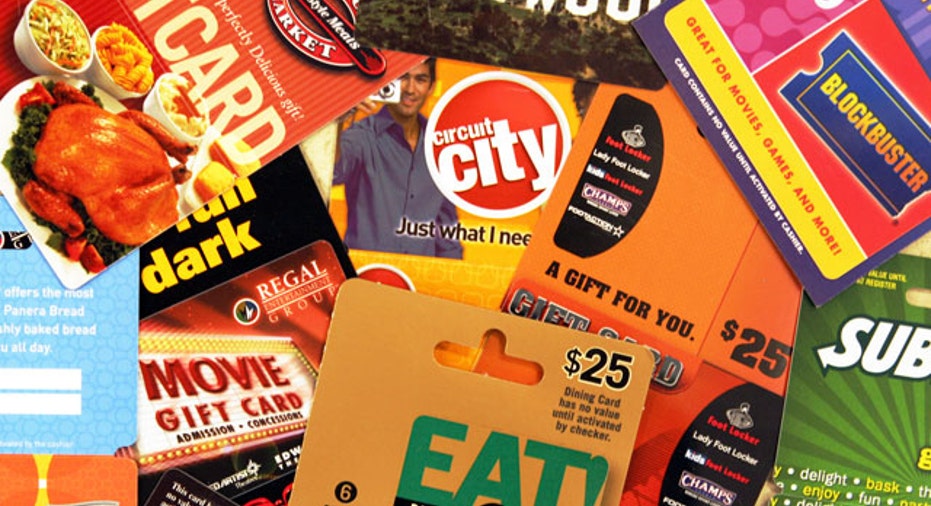Prepaid Expenses 101

Most of us have our monthly expenses set up on longer-term running contracts that do not limit usage. For example, you most likely have a monthly limit on the data usage in your cell phone contract, but the provider will not cut you off once you hit that limit. On the contrary, they will happily charge you extra for greater usage, and then return things to normal at the start of the next month.
Similarly, the utility company measures how much of a resource (electricity, gas, water, etc.) that you use each month and charges you for that usage based on some published rate. Your monthly charges continue until you cancel the service.
Prepaid expenses provide an alternative to this type of billing. With prepaid expenses, you pay in advance for a certain amount of a good or service, based on either consumption or time. Once that resource is used up, you will need to purchase another increment.
Pay-As-You-Go in Practice
Within businesses, this takes place all the time. For example, a company’s annual insurance payment is considered as an asset (the company has purchased one year’s worth of insurance), and then expensed out in twelve monthly increments until it is completely off the books – then the insurance is renewed for the next year if both parties agree on terms.
You use this same method for some purchases without realizing it. All the gift cards you received (or gave) for Christmas are another form of prepaid plans, limited to the dollar value of goods loaded onto the card.
College costs are another example. You pay for a semester’s worth of tuition and expenses, and your child receives a semester’s worth of higher education (hopefully). You renew for the next semester, assuming you are happy with your child’s progress and that he or she did pay attention.
Many wireless and cell phone service vendors offer some sort of prepaid plan as an alternative to long-term contracts. Utility companies do the same thing to keep payments predictable – although do not confuse this with cost averaging, where the utility estimates your total usage and adjusts up in low-usage months and down in the high ones. Prepaid utility plans refer to a set amount of utility usage in a month. Reach your limit, and the lights go out… as do the heat, air conditioning, refrigerator, etc.
Are prepaid plans for you? Perhaps. Consider the 4 “C”s below.
- Conservation – Prepaid expense plans promote conservation of resources. If you are nearing the end of your monthly utility limit, you are going to be more careful with practices like leaving lights on or heating/cooling unoccupied areas of the house.
- Cost – Generally in any transaction, risk raises costs and prices while certainty brings lower costs and lower prices. Prepaid expenses bring certainty on both sides. You know what your monthly expense will be without concern for potential overage charges, and the vendor knows the maximum quantity of products or services that they will provide to you. Thus, vendors charge less, and you pay less.
- Consumption – The potential downside to you is running out of that particular resource. Is the risk of being without that resource for a few days acceptable? It may be a nuisance for a cell phone, but it could be life or death in extreme temperature conditions if your electricity is cut off.
- Credit – Consuming goods or services and receiving a bill for them after consumption is essentially a form of short-term credit that the vendor extends to you. As a result, if you have a bad credit history, you may have trouble qualifying for the service, or be forced to pay higher prices due to the risk of non-payment that you present. With prepaid expenses, this is not an issue. You have already paid, so the vendor takes no risk and has no reason to charge you higher prices.
Prepaid expense plans are not for everyone, but you should consider them for goods and services which you can control and conserve, and that do not carry severe consequences for running out. You may save money in ways you had never anticipated before.
More from MoneyTips.com:What to Do When You Can’t Pay Utility BillsSprint Cutting Phone Bills in HalfProject Fi 101



















